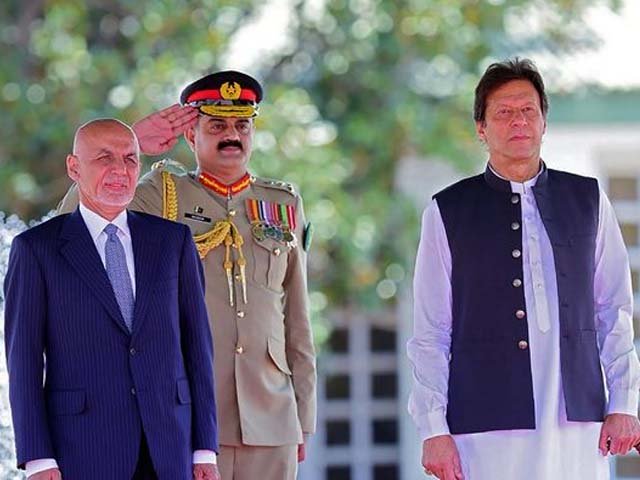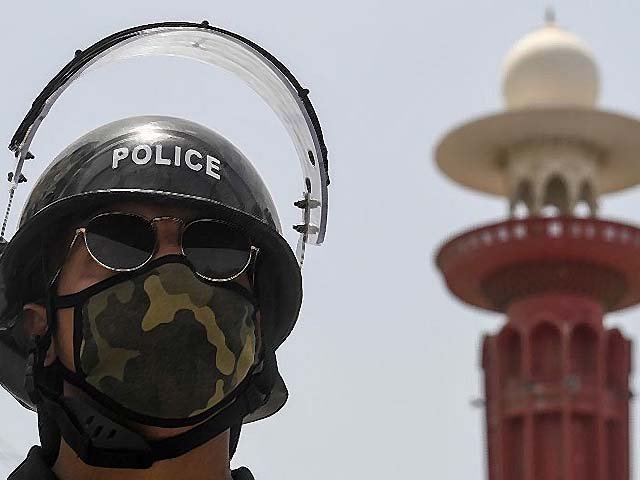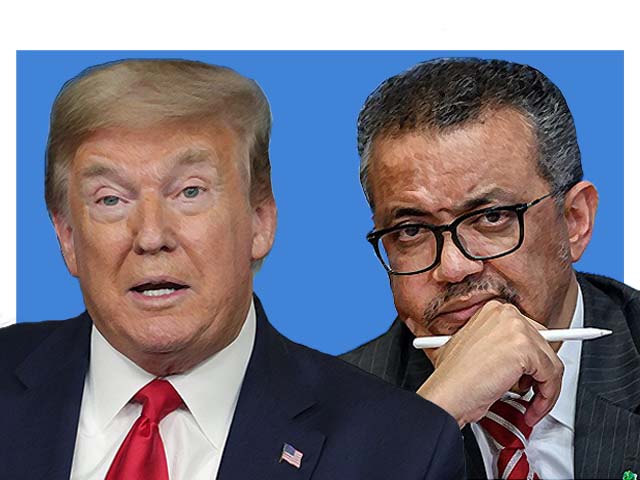
US-Afghanistan withdrawal: Can Pakistan survive without NATO money?
Truck drivers from FATA work with NATO. They will be unemployed with only banned militant groups as employment options
With September 2014 fast approaching, all eyes are fixed on Afghanistan and the announced withdrawal of the United States-led coalition forces. Although the Afghan Loya Jirga has asked President Karazai to sign the peace deal with the US, a majority of the contingents are scheduled to leave by the end of 2014.
This mass military exodus from Afghanistan will shift the burden of security responsibility onto the Afghan army and police. It is hard to predict whether the Afghan forces will able to cope with the post-withdrawal security situation or not. Yet the withdrawal will surely have a negative economic impact – not only on Afghanistan, but also on Pakistan.
Irrespective of the security implications, the Pakistani economy would witness some contraction given that NATO cargo and supply is a major source of US currency.
Clearly, the impact would be greater in Afghanistan, yet considering the number of livelihoods dependent on the transit cargo and ISAF forces; Pakistan is already preparing to provide alternatives for those who will be out of work after 2014.
Imran Khan also led a massive gathering recently in the Khyber Pakhtunkhwa province, ordering his followers to block the Nato supply route. He has demanded a halt to the drone campaign in return for opening the supply line. Khan’s party also currently governs the fragile Pakhtunkhwa province. His critics are of the opinion that Khan is swaying the masses with emotions without realising the economic repercussions of blocking the Nato supply line.
The Nato cargo influx has created a transport sector boom over the past decade, with contractors and workforce earning three times what they used to make with commercial or national trade. Any halt or drastic decline in the Nato cargo would represent a major loss of revenue for Pakistan.
Numerous businesses have flourished in Pakistan with the influx of Nato cargo since 2001, with transport and logistics firms being the biggest winners. Although the accumulation of wealth and contracts has remained in relatively few hands, a large portion of the workforce from the underdeveloped FATA region gained from the overall movement. Khyber and Mohmand agencies (two Fata regions) were two of the main beneficiaries, as their drivers, helpers and security personnel were preferred because of their knowledge of the treacherous terrain.
The number of drivers involved with the trade goes in thousands. With Nato gone, these drivers will have difficulty finding alternative employment given the very limited opportunities in the tribal areas. In fact, one of the best paying options in these areas is working for banned militant groups. These groups are not only involved in violent attacks, but also provide security on informal trade routes for illegal cargo in return for money.
The amorphous, 2640 kilometer-long Pakistan-Afghanistan border is a hotbed of informal trade. Sources say that the amount of this informal trade could be over a billion dollars. If transit and commercial trade declines, transport outfits could be motivated to invest in informal trade, more commonly known as smuggling.
In addition to the Nato transit, bilateral/commercial trade between Afghanistan and Pakistan has surged in recent years. Afghanistan is now Pakistan’s third-largest trading partner, importing a number of important goods from Pakistan. The ranking could plummet in a volatile security situation post 2014, badly hurting Pakistan’s economy.
But even with a stable outlook, there are fears of foreign capital flight from Kabul that could weaken Afghanistan’s economy, reducing purchasing power, which in turn would affect imports from Pakistan. Afghanistan also hosts a large Pakistani workforce, especially in the non-profit and reconstruction sectors. A weaker Afghan economy may mean that these workers will have to return to Pakistan, where their prospects are decidedly uncertain.
Finally, security concerns may also force many Afghans to immigrate to neighbouring countries, especially Pakistan, adding further economic strain.
All this suggests that Afghanistan’s security and stability should be a top priority, particularly for Pakistan.
The Afghanistan security landscape is not only the concern of the US and its partners, but also of neighbouring countries such as Iran, India and, most importantly, Pakistan. These three neighbours need to realise that a stable Afghanistan is needed for regional prosperity.
While interference in Afghanistan’s fate would be unwise, a limited international security presence could be helpful in providing support for the nascent Afghan forces




COMMENTS (14)
Comments are moderated and generally will be posted if they are on-topic and not abusive.
For more information, please see our Comments FAQ